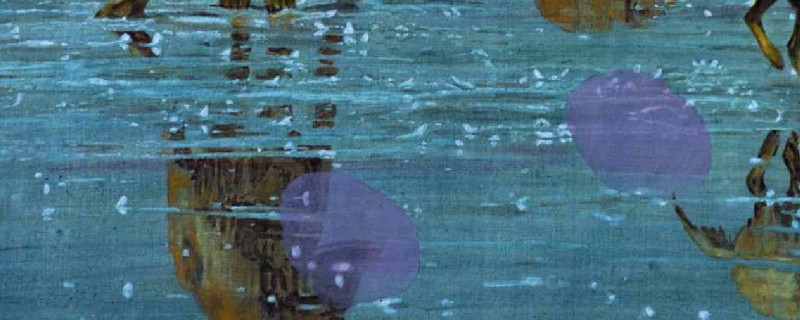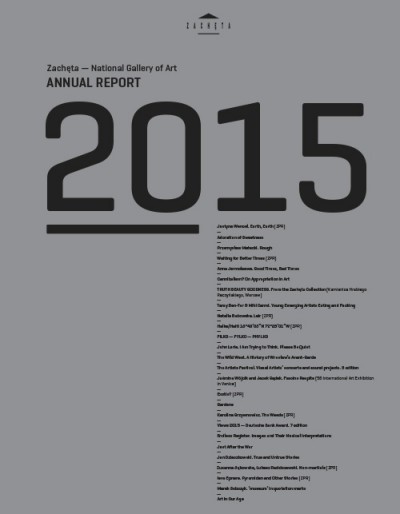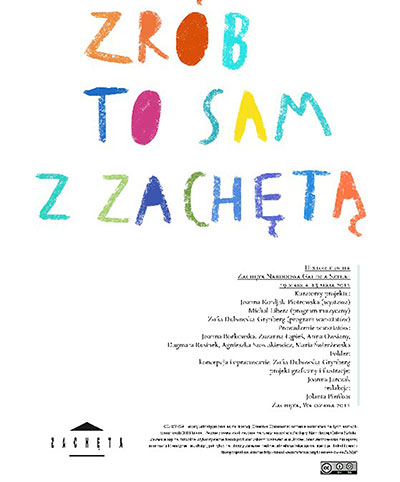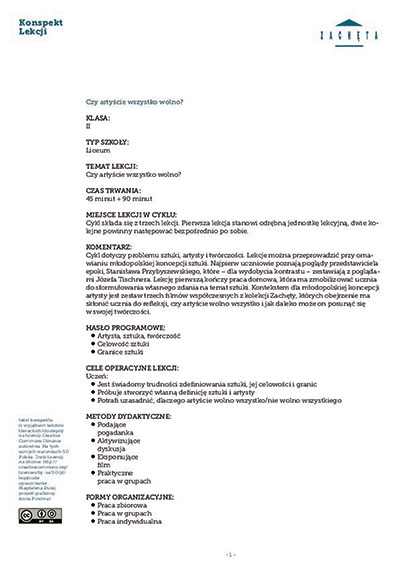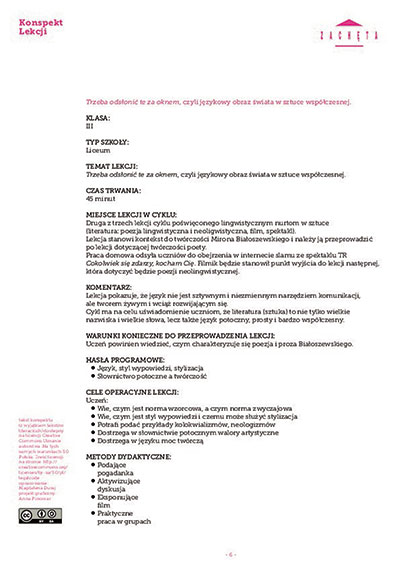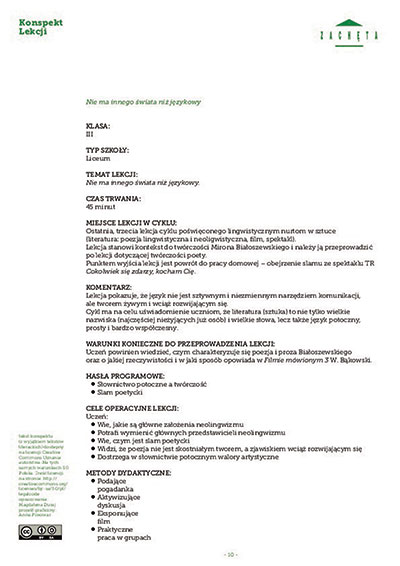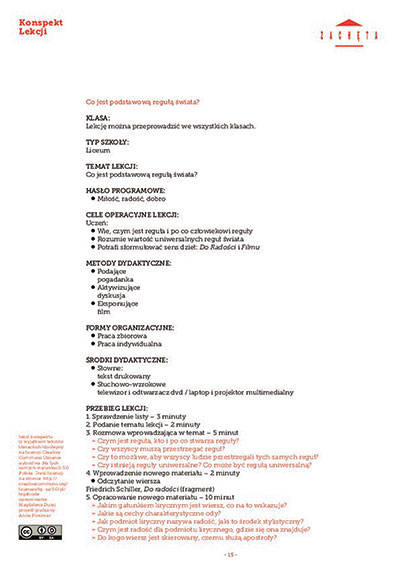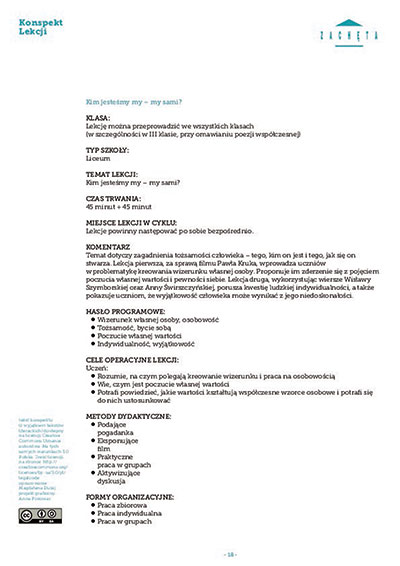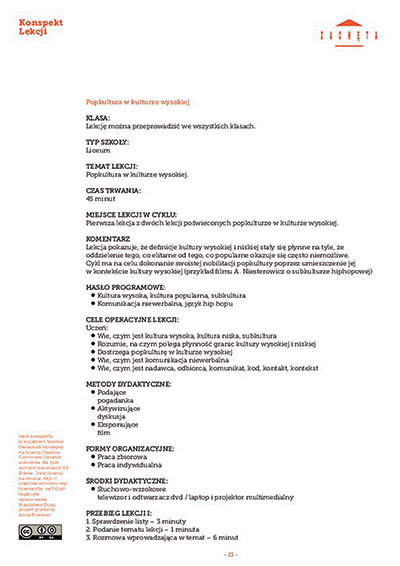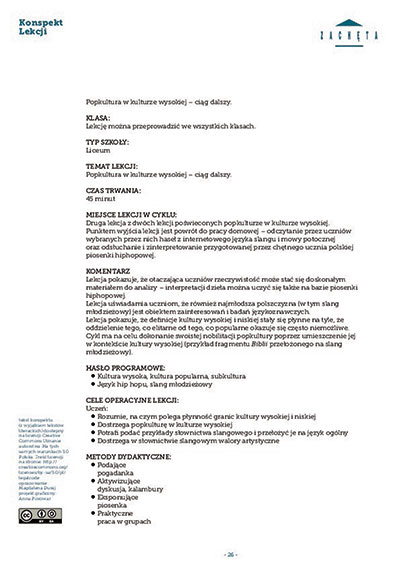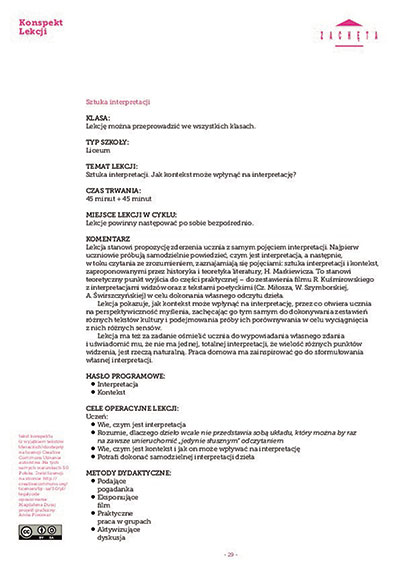Publication date: 09.05.2023
"Cursed Soldiers" (Żołnierze Wyklęci) were the members of the Polish armed independence underground who, from 1944 onwards, fought against the Soviet occupation and the communist rule imposed by Moscow. They were called "bandits" and "fascists" by the regime that persecuted them. They were murdered, tortured, imprisoned and repressed even after their release from prison. Their history was falsified, their goal distorted, attempts were made to erase them from social memory.
In the face of Germany's defeat, the victorious powers, at the conferences in Teheran, Yalta and Potsdam, decided to leave Poland under the rule of the Soviet Union. The Cursed Soldiers were those who put up armed resistance when Stalin's true intentions towards Poland were revealed. For the majority of the Cursed Soldiers, it was a continuation of the fight for an independent country started in 1939, although there were some who, due to their young age, started fighting for a free Poland only after the end of the German occupation. It is estimated that after the war, a total of 120-180 thousand people were active in the independence underground. Almost half of them originated from the Home Army (e.g. the Freedom and Independence Association (Zrzeszenie "Wolność i Niezawisłość", WiN)), 30-40 thousand were associated with the national environment (concentrated in the National Military Union, inter alia), and a similar number fought in local underground units (e.g., the famous Partisan Unit "Błyskawica").
The Red Army crossed the pre-war Polish border on 4 January 1944 and occupied the Polish Eastern Borderlands afterwards, which had been seized by the USSR. In the remaining territories of the Republic of Poland, a communist administration subordinated to the Kremlin was introduced. This was accompanied by the liquidation of legal Polish authorities and crimes against soldiers and activists of the Polish underground. The communists were not popular in Poland – without Soviet support and terror, they would never have been able to take over power in the country.
The activities of the independence underground consisted of armed struggle, including destroying camps, prisons and detention centres of the Soviet NKVD and the Security Office - to free partisans and opposition activists held there. The underground also destroyed police stations of the militia and the Security Service, which paralysed the actions of the communist repression apparatus and made it possible to reinforce partisan units. Disciplinary actions in the form of flogging were organised, and particularly zealous activists of the communist regime were liquidated. Additionally, propaganda activities were carried out, newspapers and leaflets that broke the communist information monopoly and censorship of the regime were published.
The post-war armed underground initially enjoyed strong social support, it controlled the situation in many municipalities and districts until 1946. However, the falsification of parliamentary elections by the communists in 1947, the lack of reaction of the West, and finally the mass terror led to a collapse in sentiment and weakened the dynamics of the underground. After the raids, many partisans had no place to return to. The organised armed underground ceased to exist. Few units and individual partisans in hiding remained in the underground. Those arrested were subjected to cruel interrogations and sentenced to death or many years in prison in rigged trials. The executed were often buried in unmarked graves.
From the moment the Soviets entered Poland, they fought regularly with the underground. They were aware that its liquidation was the condition for seizing and maintaining power. Initially, it was the task of the NKVD units, which entered Poland together with the Red Army. Later on, local structures of the terror apparatus were created - public security offices were established in every voivodeship and district city, with the active participation of Soviet officers. The repression was accompanied by propaganda intended to dehumanise the independence activists, presenting them as "criminals", "bandits", "fascists" and "reactionaries".
During the whole period of the communist system, the memory of the Cursed Soldiers was falsified in Poland. Propaganda slanders, despite the fall of the regime, have survived and can still be heard in relation to the Cursed Soldiers. Only in the 1990s that works were initiated, and are continued to this day, to restore their rightful place in Polish history.
